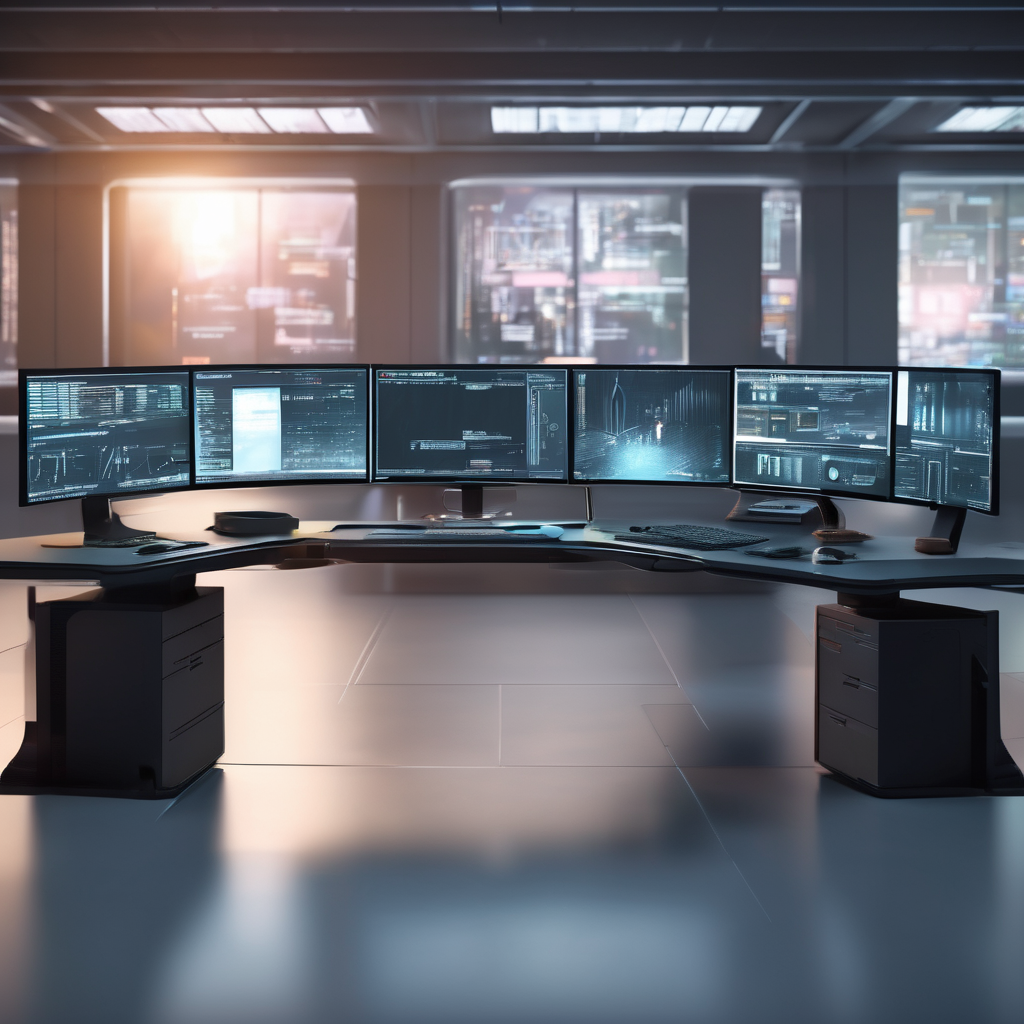
Although I may not identify as religious, upon discovering this AI tool, I was tempted to exclaim that it was “the devil's work. ” When I shared an audio sample with my editor, she exclaimed in all capital letters, “WHAT KIND OF SORCERY IS THIS?” After a decade of collaboration, her response underscored the profound impact of this technology. This article explores a Google service that could change the landscape of artificial intelligence. After listening to two AI-generated audio clips accompanying my original article, it’s clear we are at a pivotal moment in the field. I encourage you to engage with the demos and then share your thoughts in the comments. The demo showcases a podcast conversion of my article on converting 2D images to 3D. By using Google’s NotebookLM, I copied my text, clicked “Generate, ” and received audio of two fictional hosts discussing the content. It's fascinating to note that the voices are entirely AI-generated, delivering a sound quality and dialogue that feels unsettlingly natural. NotebookLM combines elements of Google Keep with AI-driven note management, allowing for varied sources like text, PDFs, and even audio files to be incorporated. Despite some quirks with source formats, the standout feature is the “Generate” button, creating organic-sounding dialogues that even reflect emotional nuances. I further tested NotebookLM using Jason Perlow’s article on Intel, which demonstrated its audio generation capabilities again. Though it contains minor errors, like a repeated sentence, the quality is impressive and raises important concerns about the implications of such technology. The ability to create convincing AI-generated content poses significant challenges to content creators.
Even with the high output quality, there is a fear that such tools might replace human voices and experiences, being indistinguishable from real speakers. Ethical dilemmas arise about the potential for misuse, including the propagation of misinformation and the creation of deepfakes. While the technology advances rapidly, I reflect on how generations of creators could struggle to compete with automated content. However, I believe that unique human perspectives and styles will always bring value that AI cannot replicate, as seen in the works of established writers. As we navigate these developments, it is crucial to consider whether audiences will discern the difference between human-generated content and that produced by machines. Ultimately, I am both intrigued and concerned about the future of content creation in the era of AI. What are your thoughts on these advancements?Have they impressed or unsettled you?I invite you to share your opinions in the comments.
Exploring the Impact of AI Tools on Content Creation: A Deep Dive into Google's NotebookLM


The integration of artificial intelligence (AI) into search engine optimization (SEO) is driving a transformative shift in the digital marketing arena, bringing both considerable challenges and exciting opportunities for professionals in the field.

SalesAi recently conducted two extensive studies to explore the transformative effects of artificial intelligence (AI) on revenue generation, sales efficiency, and overall business growth.

Artificial intelligence (AI) platforms like ChatGPT have become trusted companions for millions of teenagers, generating human-like responses.

Predis.ai is an innovative AI-powered platform transforming how businesses create and manage social media content and advertising creatives.

In the rapidly changing field of digital content creation, artificial intelligence is becoming increasingly crucial.

As the digital landscape rapidly grows, online platforms face increasing difficulties in managing the enormous volume of video content uploaded daily.

The complexity and opacity of modern digital advertising platforms, especially Meta Ads, have become major concerns in the marketing community.
Automate Marketing, Sales, SMM & SEO

and get clients on autopilot — from social media and search engines. No ads needed
and get clients today